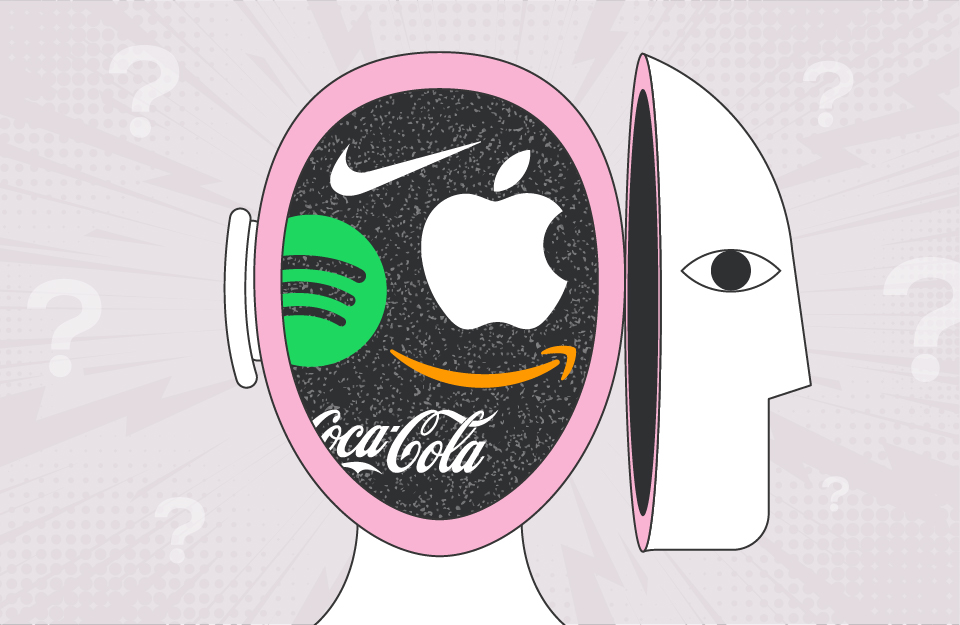A recent article entitled Are Brand Relationships Like Human Relationships? really got us thinking about how we interact with brands. Indeed, people have some kind of relationship with brands. This is clear from the emotional and symbolic benefits people gain from interacting with brands.
However, consumer-brand relationships are not necessarily identical to interpersonal relationships between people because they lack the necessary requirements of reciprocity, interdependency and intimacy. The brand-consumer relationship is much more one-sided than an interpersonal human relationship. Brands, especially large ones, are not necessarily dependent on individuals. They probably do not know who you are and if they were to lose your relationship they might not be greatly affected. An exception might be small local brands, where the relationship is more likely to exist between the owners of the brand and the consumer. This is less likely to be the case for large, established brands which have an existence of their own and are viewed as individuals in themselves, quite independently from the owners of the brand.
Consumer-brand relationships and the element of intimacy can be better understood if considered in relation to the social interactions surrounding brand-consumer relationships. In many cases, people interact with brands and establish a type of relationship with them to facilitate their relationships with other people. Here, the brand is the medium that facilitates the relationship through the symbolic meanings that result from interacting with the brand.
The Brand Relationship Metaphor
The comparison of brand relationships and human relationships is perhaps simply a metaphorical explanation of the interactions people have with brands; not an assertion that both types of relationships are exactly the same. The brand as relationship concept centres around two metaphors: brand as human personality and brand relationship as human relationship.
It is clear that people view brands as having characters with personalities. These have been described as similar to human personalities. Although similar, brand personalities are not identical to human personalities. The brand as personality concept was taken to its ‘logical’ conclusion that if brands have personalities that are similar to human personalities, we must be able to have relationships with them as we do with other people. Again, these are not completely identical but for some reason, they have been treated as so.
The metaphor is useful to illustrate how people interact with brands, highlighting elements of trust, the attachment that people feel towards brands and the emotional benefits gained from these relationships. For example, people interact with brands that have personalities that are similar to their own, or one that they’d like to have, to enhance their self-identity. However, this metaphor should not be stretched to the extent that these relationships are treated as identical concepts.
It would be helpful to define in detail the brand-consumer relationship to better understand the fundamental differences that exist. How do you interact with brands? Are you in a brand relationship? Elastic provides full brand strategy and design advice so please get in touch.





